一是海洋生态文明建设的理论创新研究:开展习近平生态文明思想、人与海洋和谐发展、陆海统筹与海洋强国建设等理论研究,建立海洋生态文明评估指标体系与绩效考核办法,开展海洋生态文明建设定量化评估,研究海洋空间规划、用途管制和开发保护机制,创新海洋综合管理转型升级模式;
二是海洋经济高质量发展与资源高效优化配置机制:整合港口、湿地、海洋生物等经济生态资源,重点研究基于生态经济理念的海洋经济发展示范区建设机制、路径与方法。同时,针对福建海洋产业发展和创新示范的需求,探索支撑可持续海洋经济发展的各种科学手段与技术方法;
三是海洋生态保护与修复和环境现代化治理关键技术:突破海洋碳管理、生态保护与修复技术难点,开展基于流域-河口-近海污染源排放总量控制技术,基于市场机制的海洋环境治理技术体系,创新海洋污染防控治理与生态保育等关键技术;
四是海洋生态环境与资源相关人文社会科学软实力提升:支撑智库功能发挥,加强海洋政策与法律研究、海洋资源经济、海事安全与南中国海研究等自然-人文社会科学交叉与融合。
1. Theoretical innovation and applied research for marine eco-civilization: The institute will conduct theoretical and applied researches in eco-civilization, coordinated land and sea development, and balanced and sustainable development of human society and the ocean. It will also develop indicator systems to conduct quantitative assessment on marine ecological progress, explore mechanisms for marine spatial planning, marine space utilization governance, marine resources exploitation and protection, and innovate to upgrade and transform ICM models;
2. Research on high-quality marine economic development and optimized resource allocation mechanism: The institute focuses on the research of mechanisms, approaches and methods to establish eco-based marine economy demonstration site by integrating economic and ecological resources of ports, wetlands and marine life. It also seeks scientific and technological approaches to underpin the sustainable development and innovation of marine economy in Fujian Province;
3. Key technologies for marine ecological protection and restoration as well as for modernized environmental governance: The institute seeks to break through the technical difficulties in marine carbon management as well as ecological protection and restoration; to develop total emission control technologies for river basin-estuary-offshore pollution sources; to develop market-based technical system for marine environmental governance; as well as to innovate in key technologies in marine pollution prevention and control, and ecosystem conservation;
4. Research on approaches and methods for global ocean governance and building a community with shared future in oceans: The institute strives to provide solutions for global marine issues by involving in global ocean governance from the perspective of sustainable human development, and by sharing China’s experiences on promoting marine eco-civilization, developing blue economy, improving humanity’s well-being, and enhancing ocean health.


